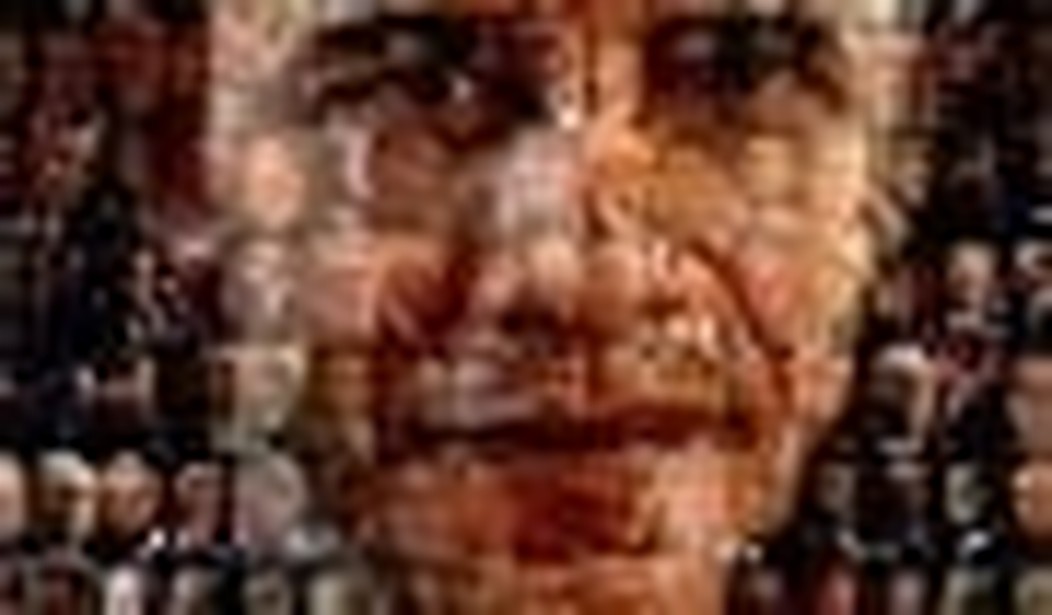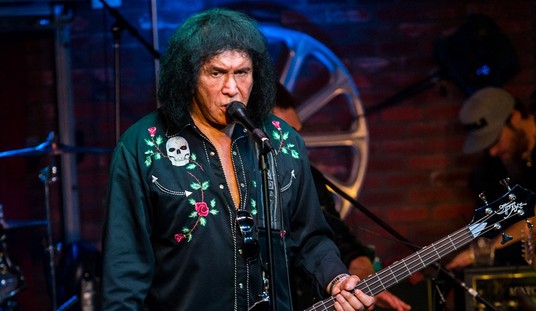Candidate Barack Obama ran on the slogan of “New Politics.” He never quite said what that meant, but we got the idea. Government would be less contentious, less opaque, and less dominated by political cronies and special interests. Washington, D.C., would no longer be the place where “good ideas go to die.”
After two months of transition it is fair to ask how he is doing by his own standard. How new are the Obama politics? The record is mixed at best so far.
His strongest category is in lowering the partisan bitterness. He’s meeting with Congressional Republicans, inviting Rick Warren to deliver the invocation at the inauguration, taking tax hikes off the table, stocking his cabinet with a number of center-right national security figures, and quoting Abraham Lincoln at every turn. That hasn’t gone over with the Left, whose own venom is percolating over these moves, but Republicans have little to complain about.
Indeed, President-elect Obama’s bipartisan efforts to reach out to (or gain cover, some would say) have delayed progress of the stimulus package which originally he had hoped to sign on his first day in office. As John Dickerson writes:
The process of winning over members in the minority party — or at least making it look like they were given a fair role in the process — will require patient negotiations and perhaps committee hearings during which Republicans are given sufficient time to ask questions and perhaps even call witnesses. If Obama wants to embrace their contributions to the bill — one of the biggest signs he’s making good on his bridge-building promises — he’ll then have to make sure he shows the same concern for the views of his fellow Democrats, like the deficit-conscious Blue Dog Democrats who want rules written into the bill that link future spending to corresponding budget cuts.
On transparency, however, President-elect Obama has not been any improvement over the Bush administration. Blago-gate was typical Washington crisis management: deny and overstate any involvement with wrongdoing, release the internal review before a holiday, and hide from the media until they move on to something else. Likewise, he isn’t releasing the list of the special interest groups which met with the transition team. And, of course, whenever a tough issue comes along — be it Gaza or the car bailout — he reverts to the “one president at a time” rule or descends into hopelessly vague platitudes. Granted he is more articulate than George W. Bush, but his press conferences are no more enlightening.
On the crony and special interest front, it is a mixed bag. President-elect Obama was batting a thousand for a while in the personnel department, filling key roles with experienced and sober national security gurus and selecting an elite group of economic advisers. Then the wheels came off the meritocracy bus — in a single week. Bill Richardson, Leon Panetta (for CIA??), and Eric Holder don’t exemplify the sort of high standards for excellence and experience that Democrats longed for during the Bush years. The vetters either didn’t vet or grossly overestimated the Senate’s willingness to rubber-stamp anyone they set up for confirmation.
The degree to which special interests will control the Obama agenda remains to be seen. On one hand, we hear that card check legislation — the ultimate reward for the Democrats’ Big Labor sponsors — may be put on the back burner. That and a back-of-the-hand to demands for protectionist legislation might demonstrate that this administration really does intend to stand up to the special interests on their side of the aisle. And on education, there is hope that education secretary nominee Arne Duncan will be allowed to bring to Washington the spirit of innovation (and determination to take on the teachers’ unions on items like charter schools) which characterized his record in Chicago.
When looked at in its totality then, President-elect Obama shows some promise in bringing the New Politics from the campaign to the White House. But a huge danger looms ahead: his party is rife with corruption and favoritism as far as the eye can see. The scandals and investigations — Blago, Chris Dodd, Charlie Rangel, and Bill Richardson — are piling up. Meanwhile, Nancy Pelosi is undoing the 1994 Congressional reforms to make Congress less transparent, give committee chairs lifetime tenure, and squash the opposition’s right to offer legislative amendments. And, of course, the Democratic-controlled Senate is now a national joke and dumping grounds for a raft of undeserving appointees. (Harry Reid only added to the embarrassing display with his contempt for the law when it came to barring Roland Burris, to be followed by his capitulation after fellow Democrat Diane Feinstein called foul.) All of this has rekindled talk of the “culture of corruption.”
And that is a problem for a Democratic president who is both leader of the party and the repository of those hopes for the New Politics. He will need to control and cajole his own troops, all the while making sure that none of it rubs off on his administration. If Blago-gate is any guide, it will be a tall order.
In short, President-elect Obama has certainly made good on his promise to set a new tone in Washington. However, on other fronts, his New Politics hasn’t yet taken hold. He would do well to not only make good on the rest of the New Politics agenda, but to make sure his party does not fall prey to the very old politics which undermined the Republicans. Unless he is serious about enforcing a new way of business in his own party, the promise of the New Politics will be lost — and with it a great deal of the goodwill and support he has garnered since the election.









Join the conversation as a VIP Member